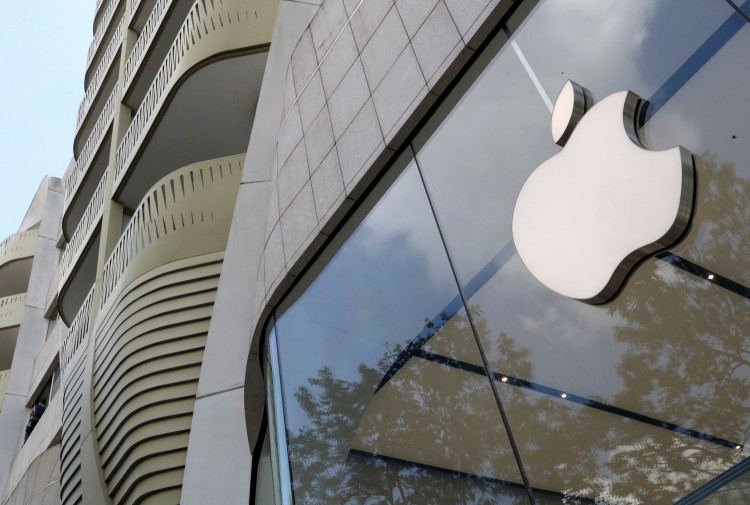Apple Inc. is in the midst of negotiations with JPMorgan Chase to transition its flagship Apple Card credit program from its current partner, Goldman Sachs, according to sources familiar with the discussions. The talks, which are still in early stages, underscore the significant financial and operational challenges that have beset Goldman Sachs since its involvement with Apple Card, and the potential shifts in the card's structure that could come with a new partnership.
The ongoing discussions between Apple and JPMorgan Chase highlight the broader issues facing Goldman Sachs as it attempts to retreat from its foray into consumer banking-a strategy that has resulted in more than $6 billion in losses. Goldman's departure from the Apple Card program, announced earlier this year, prompted Apple to seek new partners capable of handling the sizable portfolio, which includes approximately $17 billion in outstanding balances across 12 million users.
A person familiar with the matter disclosed that JPMorgan, the largest credit card issuer in the United States by purchase volume, is the frontrunner in these talks. However, the potential deal remains contingent on several factors, including price and the retention of certain features integral to the Apple Card's appeal. Notably, JPMorgan is reportedly looking to acquire the Apple Card portfolio at a discount, reflecting concerns over higher-than-average delinquency rates and defaults, which have been attributed to the portfolio's relatively young customer base.
Goldman Sachs, on the other hand, has defended the credit quality of the Apple Card users, arguing that the elevated losses were expected to decrease as the accounts matured. However, with the U.S. economy facing potential headwinds, JPMorgan's cautious approach reflects broader industry concerns about credit risk and the stability of consumer debt portfolios.
One of the key sticking points in the negotiations appears to be the Apple Card's calendar-based billing system. Currently, all Apple Cardholders receive their statements at the beginning of each month, a feature designed to simplify billing for users but one that has created significant operational challenges for Goldman Sachs. Customer service teams are reportedly overwhelmed by the influx of inquiries at the start of each billing cycle, leading to service delays and increased costs. JPMorgan is said to be pushing for the elimination of this feature as part of the deal, which could fundamentally alter the user experience for Apple Cardholders.
The talks between Apple and JPMorgan have reportedly gained momentum in recent weeks, but the outcome is far from certain. While JPMorgan is seen as a strong candidate to take over the Apple Card program, Apple has also engaged in preliminary discussions with other potential partners, including Capital One and Synchrony Financial. Last year, Goldman Sachs even explored the possibility of transferring the partnership to American Express, although those talks did not materialize into a deal.
The potential switch from Goldman Sachs to JPMorgan Chase represents a significant shift in Apple's financial services strategy. When the Apple Card was first launched in 2019, it was touted as a revolutionary product in the consumer finance space, offering no fees, daily cash back, and a seamless integration with Apple's ecosystem. However, the reality of managing such a large and complex portfolio has proven to be more challenging than initially anticipated.
Goldman Sachs, which initially embraced the Apple Card as a key component of its consumer banking push, has since faced mounting criticism for its handling of the program. The bank has struggled with operational inefficiencies, regulatory scrutiny, and financial losses, leading to its decision to pivot away from retail banking altogether.
For Apple, the stakes are high. The success of the Apple Card is closely tied to its broader ambitions in the financial services sector, which includes Apple Pay, Apple Cash, and other digital payment initiatives. A smooth transition to a new partner like JPMorgan Chase could help stabilize the program and reassure customers, while also preserving the innovative features that have made the Apple Card popular among users.
JPMorgan's involvement could also bring new opportunities for Apple Cardholders, potentially expanding the range of services and benefits available through the program. However, any significant changes to the card's terms, such as the elimination of calendar-based billing, will need to be carefully managed to avoid alienating existing users.


